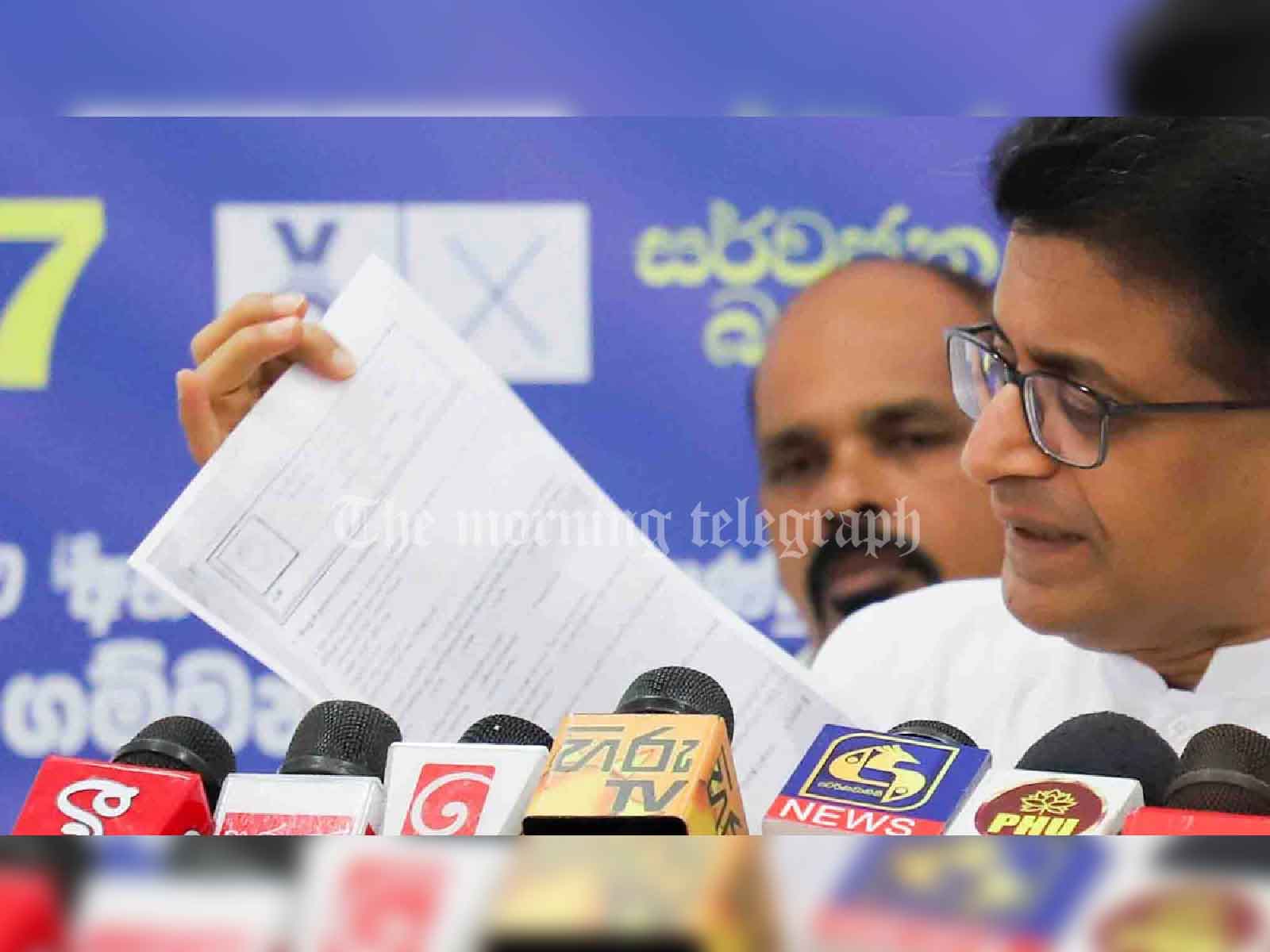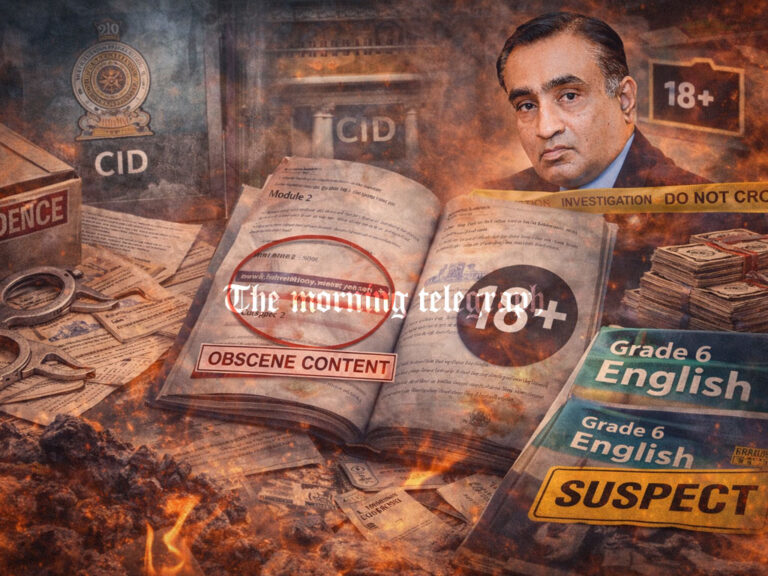
Udaya Gammanpila, along with other opposition figures, has raised concerns about the increasing presence of political content in Sri Lankan schools, using the recent example of politically focused questions in a high school examination to illustrate his point. According to Gammanpila, five of the first ten questions on the exam at CWW Kannangara Central College referenced political details related to the National People’s Force (NPP) and its leadership, including questions about President Anura’s policy statements, his vote share in the last election, and other specific details about the NPP.
Gammanpila argued that this is part of a broader trend of political influence infiltrating educational spaces, which, he claims, could affect the objectivity of educational institutions and the impartial development of students’ critical thinking skills. He reminisced about his own school days, stating that even during significant national events, such as the end of the civil conflict, political questions of this nature were not part of school examinations. He urged that school curricula and exams remain free from political influence to protect the educational environment for students.
In addition to the issue of politicization, Gammanpila raised an urgent call for the government to address high school students’ concerns about their upcoming A-level exams. He emphasized that many students are experiencing academic disadvantages due to incomplete syllabi, a result of recent disruptions. According to him, students need additional time to prepare, making it reasonable to postpone the A-level exams by a month. He underlined that the A-levels represent a significant milestone in Sri Lankan education, often determining students’ future opportunities.
Gammanpila also expressed frustration about the limitations on reaching government officials directly now that Parliament has been dissolved, which restricts traditional channels of communication with the President and Education Minister. He, therefore, appealed through the media for the government to listen to students’ requests and provide additional time for exam preparation, underscoring that students deserve a fair chance to succeed, unhampered by external pressures and uncompleted educational content.




